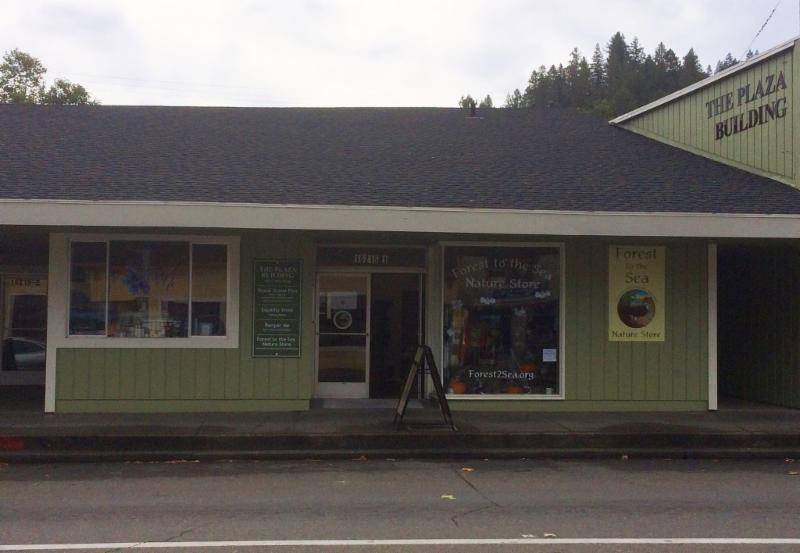The deadline to claim Disaster Unemployment Assistance (DUA) for workers who lost wages or became unemployed due to recent fires has been extended to December 18, 2017, from November 16 by the U.S Department of Labor.
“This is an important support for the many residents and workers affected by fires in our county,” says Katie Greaves, Director of the Sonoma County Human Services Department Employment and Training Division. “As of November 8, residents had filed 4,700 applications for Disaster Unemployment benefits. The number of customers visiting the Job Link office for employment and job search support doubled in the four weeks after the fire, primarily to submit claims for Disaster Unemployment Assistance.”
Federal Disaster Unemployment benefits are available to individuals who are unemployed as a direct result of the October 2017 Sonoma County wildfires. Claims must be filed by December 18, 2017. Applications submitted to the EDD after December 18, 2017, will be considered if the claimant can show good cause for late application.
Sonoma County Job Link offers workers help to file these claims online at www.SonomaWIB.org, or Monday–Friday, 8 a.m.-5 p.m., by phone at 565-5550 or in-person at the Employment and Training office 2227 Capricorn Way, Santa Rosa. Job Link’s online career center and employer and job seeker resources are available year-round, and can provide residents with information about health care options, regular unemployment insurance benefits, job training and retraining, and connecting with employers now hiring. Additional information about Disaster Unemployment Assistance is also available at https://www.sonomacountyrecovers.org/unemployment/.
DUA provides weekly benefit payments for individuals 1) whose work or self-employment is interrupted due to a disaster and 2) who are not eligible for regular Unemployment Insurance or State Disability Insurance benefits. Benefits are available for 26 weeks, beginning October 15, 2017, and ending April 14, 2018, which is the final payable week of disaster benefits.
To be eligible for Disaster Unemployment benefits, individuals must be unemployed as a direct result of recent wildfires. They must be 1) unemployed workers or unemployed self-employed individuals who lived, worked, traveled through, or were scheduled to work in a disaster area at the time of the disaster, and 2) due to the disaster:
- No longer has a job or place to work; or
- Cannot reach the place of work; or
- Cannot work due to damage to the place of work; or
- Cannot work because of an injury caused by the disaster; or
- Became the head of household because the primary breadwinner or head of household died in the disaster.
DUA claimants must meet all eligibility criteria during the entire period of the claim to continue to receive disaster benefits. They cannot continue to receive benefits if they return to work before April 14, 2018. Individuals with regular UI benefits that end before April 14, 2018, who also meet all the Disaster Unemployment eligibility criteria, can file for DUA benefits for any remaining weeks or until they file new regular unemployment claims, whichever comes first.
DUA is a federal benefits administered by the Employment Development Department on behalf of the U.S. Department of Labor, so workers in these additional counties are also eligible: Butte, Lake, Mendocino, Napa, Nevada, Orange and Yuba.
